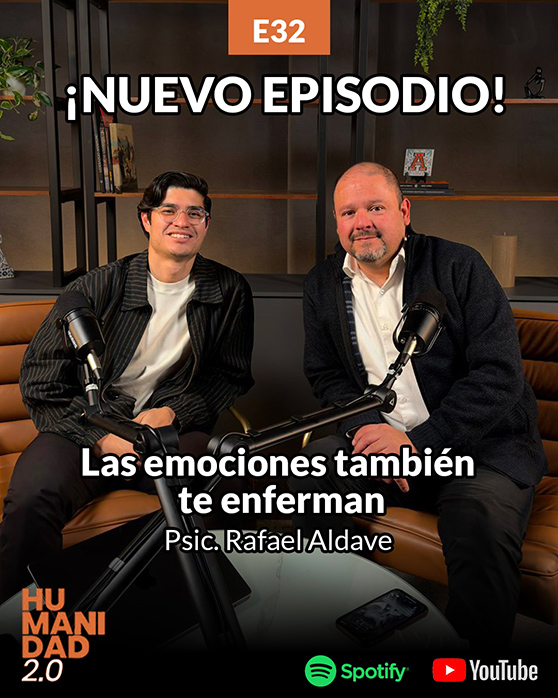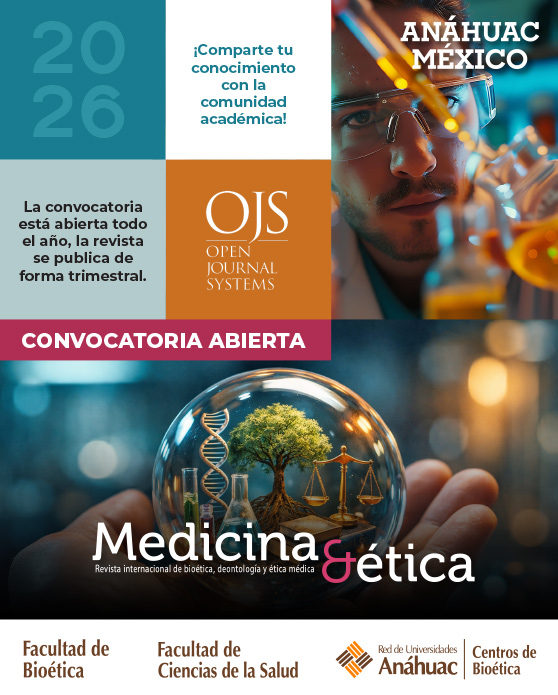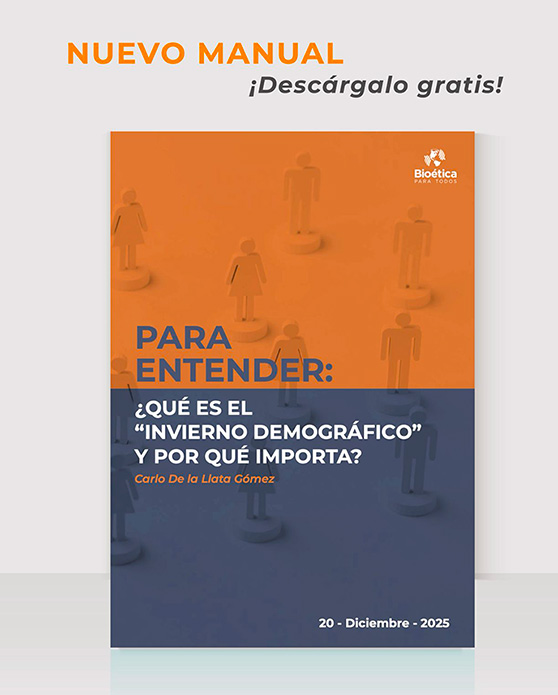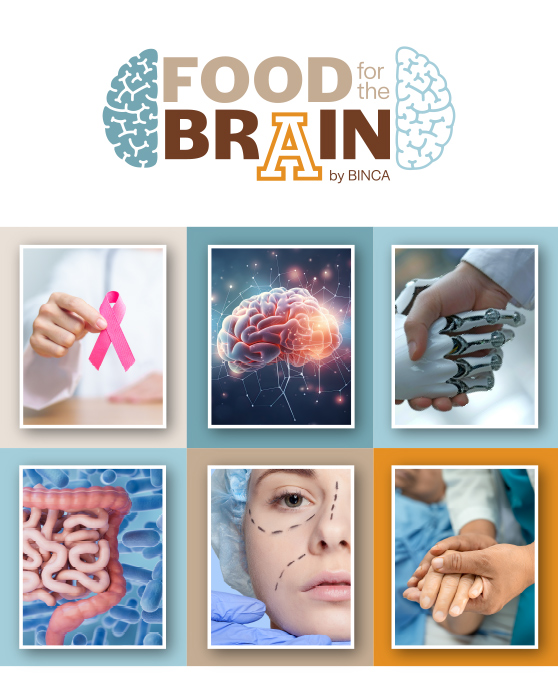
October 30, 2025
Authors: Dra. Patricia Hernández Valdez
in collaboration with students of the subject
Interdisciplinary Dialogues in Health Sciences
Versión en español
Introduction
Postmodernity, is understood as a cultural, philosophical, and social paradigm shift, it invites us to question the certainties inherited from modernity. What were once taken as absolute truths are now reviewed, contrasted, and redefined in light of new ways of understanding the world. This phenomenon has opened possibilities for crafting definitions that are more flexible and context-sensitive, but it has also created the risk of falling into ambiguity and the loss of solid points of reference. Within this framework, it becomes necessary to reflect critically on how these changes affect personal identity, the social fabric, and the ethical understanding of the human person.
Postmodernity has taken root as a cultural phenomenon that profoundly transforms how we understand identity, truth, and interpersonal relationships. In a context marked by globalization, immediacy, and technological advancement, individuals face a world where appearance, external validation, and symbolic consumption shape their perceptions of themselves and of others. From a bioethical perspective, this reality calls for rethinking the relationship among autonomy, dignity, and human vulnerability, since the digital era has shifted the center of moral reflection from being to seeming. This article considers how postmodernity—by questioning absolute truths and promoting flexible interpretive frameworks—offers opportunities for creativity and dialogue, yet also presents ethical challenges in the face of identity fragmentation and the loss of personal meaning.
Development
Postmodernity has fostered an understanding of identity that increasingly depends on the gaze of others. A person’s worth seems measured not by intrinsic qualities but by the approval received on social networks or digital platforms (Bauman, 2003). While technology brings people closer together, it has also produced an artificial stage on which image is privileged over essence. This phenomenon leads to a form of existential vulnerability that directly concerns bioethics, insofar as recognition of personal dignity is weakened. Rather than ends in themselves, individuals risk becoming means to visibility, which contradicts the personalist view of the person as unique, unrepeatable, and endowed with intrinsic worth.
Historically, postmodernity arose as a reaction to the existential and epistemological void that followed the world wars. As Lyotard (1987) argues, the disbelief in grand narratives led to the view that objective knowledge was impossible and, with it, that reality should be understood as relative and plural. This epistemic shift brought with it what has been called the “post-truth” condition, where feelings or perceptions replace verifiable facts. From a bioethical standpoint, this change poses a risk: by diluting the notion of truth, it weakens the rational and moral basis needed to protect life and dignity. Extreme relativism can open the way to social utilitarianism, in which what is “good” depends on momentary consensus rather than a stable ethical foundation.
At the same time, postmodernity has made it possible to recognize diversity and difference as human riches. This pluralism coincides with one of the central values of contemporary bioethical thought: respect for otherness and for autonomy. Even so, unless balanced by an ethics of limits and encounter, conceptual flexibility can lead to moral fragmentation. Lipovetsky (2006) warns that postmodern individualism has resulted in an “era of emptiness,” in which the subject seeks meaning in immediate satisfaction. In the face of this, personalism offers an alternative: to recover the sense of the human being as a relational subject whose freedom is fulfilled in a solidaristic encounter with others and in the recognition of their dignity.
Today’s hyperconnectivity amplifies postmodern contradictions. On social media, the individual is exposed and fragmented at the same time. As Turkle (2011) notes, constant self-presentation generates a self divided between the real and the virtual. From a bioethical perspective, this phenomenon demands new ways of thinking about responsibility and authenticity in digital environments. How can integrity and freedom be preserved in a world governed by algorithms? Bioethics—understood as an interdisciplinary reflection on life in all its manifestations—can guide an ethic of care and recognition that restores to the subject their condition as a person in the face of the risk of technological depersonalization.
Likewise, postmodernity has transformed the notion of community. Globalized contact enables us to know and connect with diverse cultures, yet paradoxically it has increased emotional isolation and loneliness. This paradox challenges social bioethics, since the loss of a sense of community undermines bonds of solidarity—the basis of justice and the common good. As Habermas (1998) cautions, only a communicative ethics grounded in rational dialogue and mutual respect can rebuild trust and cohesion in fragmented societies. From a personalist perspective, this ethics of dialogue translates into recognizing the other as a subject rather than an object, restoring the human face behind every digital interaction.
In this sense, personalist bioethics offers an orienting framework for the postmodern debate: it reaffirms that freedom does not consist in the absence of limits but in the ability to choose the good in relation to others. Recovering this notion of responsible freedom is urgent in an era where autonomy is confused with whim and self-exposure. Postmodernity can be an opportunity to revalue empathy, compassion, and moral responsibility—essential pillars for a society that seeks to humanize technology and build a shared sense of dignity.
Conclusions
Postmodernity presents an ambivalent landscape: it opens horizons of plurality, creativity, and critique, but it also introduces risks of fragmentation, relativism, and loss of meaning. Faced with this complexity, bioethics—especially from a personalist approach—offers a moral compass capable of reorienting contemporary dialogue toward the centrality of the person. In a culture that exalts appearance, bioethics reminds us that the human being has an inalienable value that does not depend on social recognition or digital visibility.
The contemporary challenge is to harmonize postmodern openness with an ethics of care and responsibility. Only through a deep bioethical reflection—one that recognizes vulnerability and dignity as the foundations of human encounter—will it be possible to build a society that is more attentive, more solidaristic, and more faithful to what is essentially human. In this way, postmodernity should not be understood as a threat but as a call to reinvent ethics from the shared experience of existence and from mutual recognition.
References:
- Bauman, Z. (2003). Modernidad líquida. Fondo de Cultura Económica.
- Habermas, J. (1998). La inclusión del otro. Estudios de teoría política. Paidós.
- Lipovetsky, G. (2006). La era del vacío: Ensayos sobre el individualismo contemporáneo. Anagrama.
- Lyotard, J. F. (1987). La condición posmoderna. Cátedra.
- Turkle, S. (2011). Alone together: Why we expect more from technology and less from each other. Basic Books.
The students enrolled in the course Interdisciplinary Dialogues in Health Sciences (NRC 12229 and NRC 12231) are currently in the 8th semester of the Bachelor’s in Medicine. As part of this class, they developed this piece. Dr. Patricia Hernández-Valdez is a psychologist, expert witness in legal psychology, and bioethicist. She teaches Interdisciplinary Dialogues in Health Sciences in the Bachelor’s in Medicine at Universidad Anáhuac México.
The opinions expressed in this blog are the sole responsibility of their authors and do not necessarily represent CADEBI’s official position. As an institution committed to inclusion and plural dialogue, CADEBI promotes and disseminates a diversity of voices and approaches, convinced that respectful and critical exchange enriches our academic and educational work. We value and encourage any comments, responses, or constructive critiques you wish to share.
More information:
Centro Anáhuac de Desarrollo Estratégico en Bioética (CADEBI)
Dr. Alejandro Sánchez Guerrero
alejandro.sanchezg@anahuac.mx






